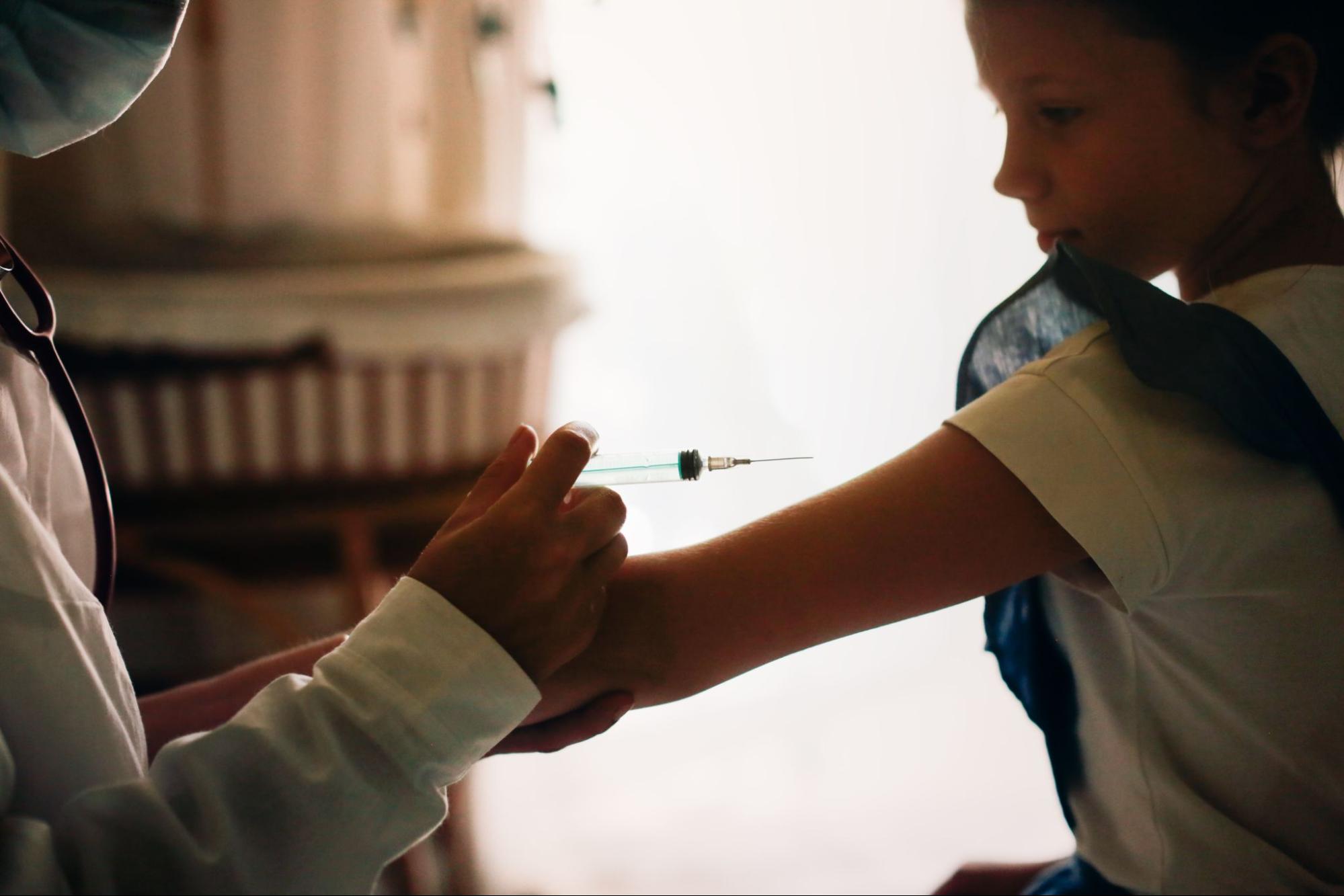August is recognized as Immunization Awareness Month, a crucial period dedicated to promoting the importance of vaccines and their role in preventing various diseases. Vaccines have been instrumental in reducing and, in some cases, eradicating numerous infectious diseases that once caused significant morbidity and mortality. Understanding vaccine-preventable diseases is essential in appreciating the profound impact of immunizations on public health.
The Importance of Vaccines
Vaccines stimulate the immune system to recognize and combat pathogens like viruses or bacteria. They contain antigens, parts of the pathogen, that trigger the body’s immune response without causing the disease. This preparation helps the immune system respond more rapidly and effectively if exposed to the actual pathogen in the future.
Immunization is one of the most successful and cost-effective public health interventions. It has led to the control, elimination, or near-elimination of many infectious diseases worldwide. For example, smallpox was eradicated globally in 1980 due to a successful vaccination campaign. Polio, once a widespread and crippling disease, is now close to eradication, with only a few cases reported annually in a limited number of countries.
Common Vaccine-Preventable Diseases
Vaccines have revolutionized public health by providing adequate protection against numerous dangerous diseases. Through widespread immunization, many once-prevalent illnesses are now rare or nearly eradicated. Understanding common vaccine-preventable diseases highlights the importance of maintaining high vaccination rates.
Measles
Measles is a highly contagious viral disease that can lead to serious health complications, including pneumonia, encephalitis, and death. The MMR (measles, mumps, and rubella) vaccine is highly effective in preventing measles. Before the vaccine’s introduction, measles caused millions of deaths worldwide.
Polio
Poliovirus can cause irreversible paralysis and sometimes death. The inactivated poliovirus vaccine (IPV) and the oral poliovirus vaccine (OPV) have drastically reduced polio cases by over 99% since 1988. Continued vaccination efforts aim to eradicate polio.
Hepatitis B
Hepatitis B virus (HBV) infection can lead to chronic liver disease and liver cancer. The hepatitis B vaccine effectively prevents HBV infection and its severe consequences. Universal vaccination programs for newborns have significantly reduced the incidence of HBV infection.
Human Papillomavirus (HPV)
HPV is associated with various cancers, including cervical, anal, and oropharyngeal cancers. The HPV vaccine is recommended for preteens and has shown high efficacy in preventing infections with the most common cancer-causing HPV types.
Influenza
Influenza, or the flu, is a respiratory illness that can lead to severe complications, especially in young children, seniors, and individuals with underlying health conditions. Annual flu vaccines are formulated to protect against the most prevalent influenza virus strains each season.
Challenges and Opportunities in Immunization
Despite vaccines’ proven benefits, challenges remain in achieving optimal immunization coverage. Vaccine hesitancy, fueled by misinformation and distrust, poses a significant threat to public health. Addressing concerns through education and transparent communication about vaccine safety and efficacy is crucial.
Global immunization efforts also face logistical challenges, including vaccine distribution in remote and underserved areas. Innovative strategies and international cooperation are necessary to overcome these barriers and ensure vaccines reach all needy populations.
Empowering Health Through Vaccination
Immunization Awareness Month serves as a reminder of the vital role vaccines play in preventing serious diseases and protecting public health. By understanding vaccine-preventable diseases and the importance of immunization, we can continue to support and promote vaccination efforts. Staying informed and advocating for vaccines will help ensure healthier communities and a safer world for future generations.
Take this month as an opportunity to educate yourself and others about vaccines. Check your vaccination status and consult with healthcare providers to ensure you and your loved ones are up-to-date with recommended immunizations. Together, we can build a healthier and more resilient society through the power of vaccines.
Visit Eden Drug’s blog page to explore more insights and stay informed—it’s your go-to source for the latest on immunization and public health.




